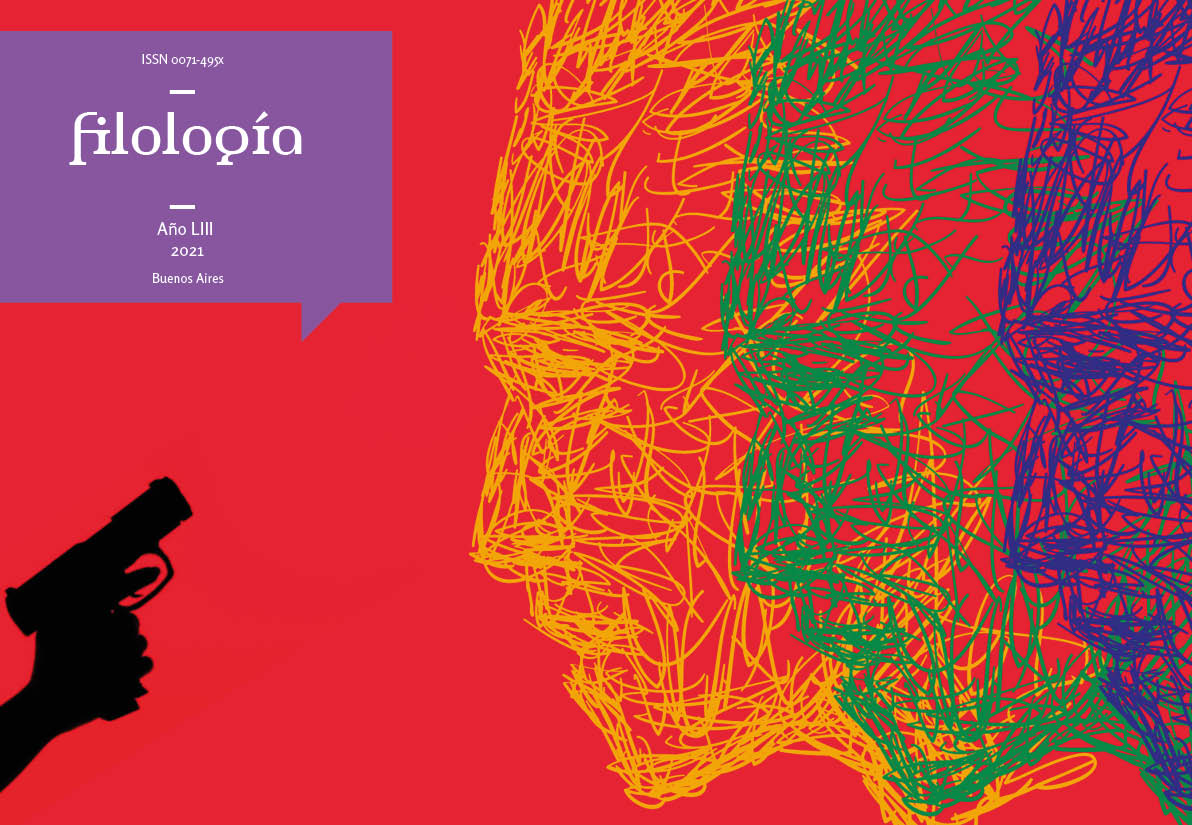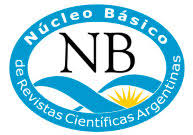Tensions of fatherhood and masculinity in Argentine film noir (1946-1952)
Keywords:
film noir, Argentine cinema, masculinity, classic-industrial, state
Abstract
I will analyze in El ángel desnudo (Carlos Hugo Christensen, 1946), El crimen de Oribe (Leopoldo Torres Ríos and Leopoldo Torre Nilsson, 1950), La bestia debe morir (Román Viñoly Barreto, 1952) and La encrucijada (Leopoldo Torres Ríos, 1952) a set of items that problematize fatherhood as a family bond through different plots related to film noir. Although family is a prevalent notion in plots of the films made before the beginning of industrial cinema in Argentina, I am going to inspect its reconfigurations in a genre of a social critical nature such as film noir; at the same time, I recognize its particular connotation in regard to the disintegration of families and male and female identities. I will consider the way in which films are influenced by contemporary debates about the crisis of the traditional nuclear family–motivated by the struggle between the State and the Catholic Church regarding roles of fathers and mothers–and, at the same time, by the promotion of the rights of illegitimate children that the State carried out.Downloads
Download data is not yet available.
Published
2021-10-14
How to Cite
Giacomelli, D. (2021). Tensions of fatherhood and masculinity in Argentine film noir (1946-1952). Filología, (53), 101-118. https://doi.org/10.34096/filologia.n53.10630
Issue
Section
Dossier














